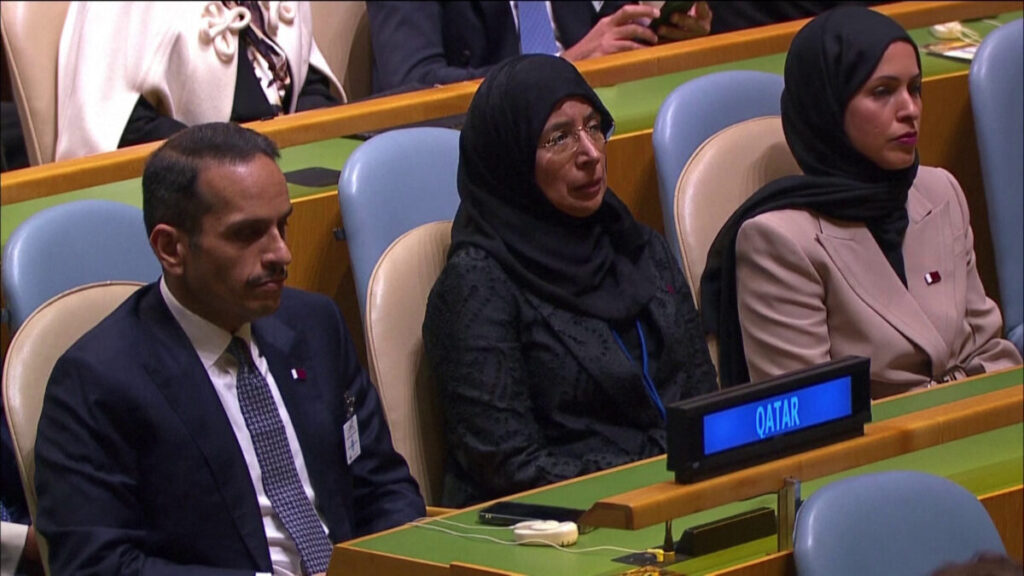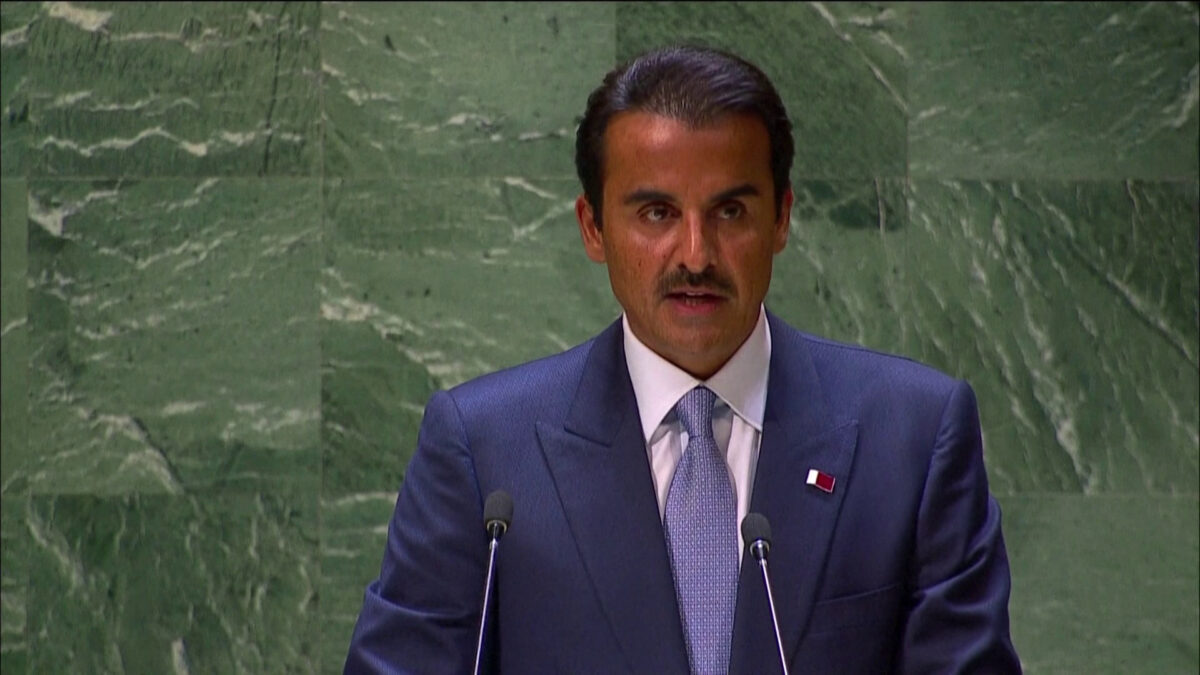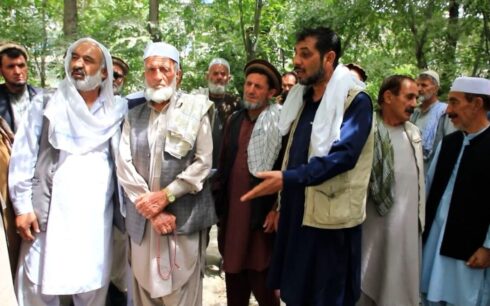Qatar’s Emir, Sheikh Tamim bin Hamad al-Thani, emphasized his country’s commitment to coordinating international efforts in Afghanistan during his speech at the United Nations General Assembly on Tuesday.
“We continue to coordinate international efforts and facilitate dialogue with the United Nations and concerned nations, along with the caretaker government of Afghanistan, to ensure compliance with the Doha Agreement. Our aim is to prevent the recurrence of past mistakes and to avert the risk of Afghanistan spiraling into an unmanageable humanitarian crisis or becoming a sanctuary for terrorists and extremist groups,” he stated.
“Furthermore, we must work diligently to secure international support and assistance for the Afghan people while safeguarding their human rights, especially those of minorities and women, including their rights to education and employment,” he added.
In May, Qatar’s Prime Minister held confidential discussions with the supreme leader of the Taliban to address tensions with the international community, according to a source familiar with the meeting. This signaled a willingness by Afghanistan’s leadership to engage in dialogue to overcome their isolation.

The meeting took place on May 12 in the southern Afghan city of Kandahar and involved Qatari Prime Minister Mohammed bin Abdulrahman al-Thani and Haibatullah Akhunzada. Notably, this marked the first known encounter between the reclusive Taliban leader and a foreign leader.
The Biden administration was briefed on the talks and was actively coordinating on the topics discussed by the two leaders, which included fostering further dialogue with the Taliban, as per the confidential source.
Speaking under the condition of anonymity, the source revealed that Sheikh Mohammed, during the meeting, raised concerns about the need to lift the Taliban’s restrictions on girls’ education and women’s participation in the workforce.
The meeting represented a diplomatic achievement for Qatar, which had voiced criticism regarding the Taliban’s policies on women’s rights. At the same time, Qatar utilized its longstanding ties with the Islamist movement to advocate for increased international engagement with Kabul.





